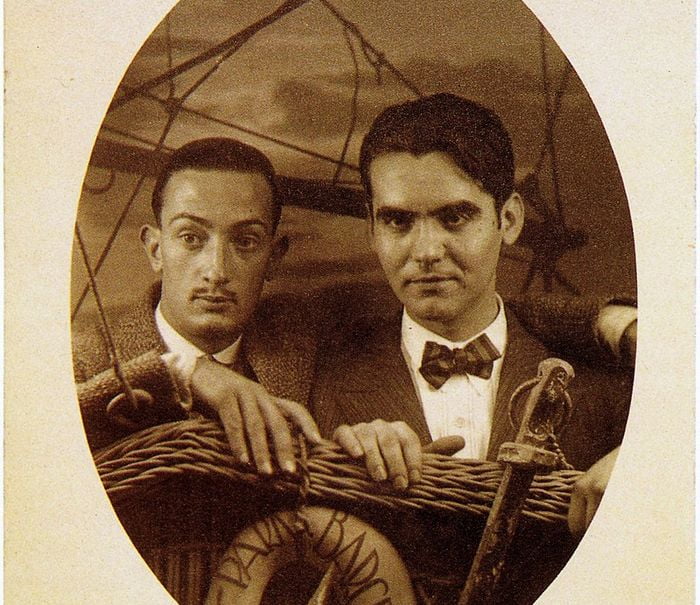IV. Weariness
Thought Pygmalion, not daring to say it in words: “O godly form, despite your divine origin, you shall die. Worm and rot, instead of the eternity that I have dreamed. To reveal to myself my godly powers, I subjected you to the law of death. But I`ll not be able to bear that you should die. Let me die instead, and let my flesh rot; but you must remain unchangeable, immune to time. Ah, why did I teach you love!”
With a nameless anguish he espied in his perfect companion each hollow and wrinkle. Then began sad days of terrible memory when love, having reached the summit, descends the hill with wings folded across her soft shoulders. But no, as in earthly passion, blindness prolonged his affection, save that in Pygmalion`s eyes, unfortunately, was the clairvoyance of the artist accustomed to notice in the skin of the marble as in the flesh, the coarse grain and the future crack. In the hue of dawn his artist`s nerves at times tingled to exasperation. He would surprise in the face of the sleeping woman that fatigue which changes all beauty. The delicate charm of her abandon still provoked kisses, even as does a sleeping child; but the breasts were losing their supple firmness, no longer pointing as before their desires to the skies.
In the corners of his studio Pygmalion meditated, weeping: “You have given me everything, and yet… You have revealed to me felicities the mere memory of which makes me swoon. But happiness, like grief, can weary us. Because I did not know that dreams, translated to earth, are corrupted, I wished to endow you with an inferior reality, that of life.
Ah, beautiful creations should remain eternal! And behold ine now, sad and loving, vacillating between an unholy crime, that I may not witness the misery of a perfection destined to-morrow to be sullied, and the most human, the deepest desire to let you live, though my dream be shattered, that I may not lose—O cowardice!—this daily commerce of happiness.”
Pygmalion joined his hands and wept. From the sea came those raucous accents that to great hearts are as cooings. His impatient hands trembled anew with the fever for new forms.
But for a few days the aridity of an unbounded fatigue followed upon this plenitude. Art seemed to him a new lie invented to satisfy the need of adoration. It was as servility and a superstition worthy of slaves.
If Galatea cried, his pity returned convulsively. And though she did not understand his words, he said to her in that low voice in which dreams are told or children are spoken to: “O my Galatea, do not weep. My reason for living is these creatures of marble. You, at least, have felt the possibility of eternal being.
But I, an earthly creature with divine promptings, do not resign myself to death. Though my cherished dreams float off on the wind, my finest enthusiasms shall have been for a fleeting moment part of eternity. At least let not the evidences of my madness die. A little of our wretched nature remains living in our eternal labors. My friend, my wife, tell me that you understand my grief.”
But the sweetly unknowing one could only weep. In a brief space her eyes had lost their clearness of rare and luminous stones; her breasts were no longer clusters tipped with the pink grape; wasted was the line of the hips.
She was journeying to her ruin, pale and austere as the statue of Fate. Through need of sharpening her agony, she recalled the olden shining hours of vows and kisses, as if a wasted face could rouse in her beloved the selfsame worship that her inviolate beauty had won. Daily, between one who aspired to self-perfection and his conquered, abandoned companion, the separation increased.
Pygmalion would not deceive her with creatures of flesh, but with new dreams.
Galatea compared herself with those pure sisters of the atelier, envying the immutable virtue of the stone that knows neither grief nor age. After these human lusts she began to feel the selfsame yearning of the gods: self-annihilation.
But, wretched creature that she was, she could not die at her wish.
Read More about Ski holidays Bulgaria Bansko








